The Architecture and Cities Climate Action Taskforce (ArCCAT) has developed an exciting, slightly-longer-than-a-week programme of events between October 18th and October 28th to support the University’s Sustainability Month, a lead-in to COP 26 in Glasgow at the beginning of November.
Go here for further details of the University’s programme: here: https://www.westminster.ac.uk/about-us/our-university/vision-mission-and-values/sustainability-month.
The ArCCAT programme is as follows:
Monday 18 October 18.30 – 19.30
Cartographies of the Monsoon Exhibition Opening
Venue: Gallery Café, 309 Regents Street, W1B 2HW
Lindsay Bremner in conversation with Tom Corby, Associate Dean of Research, Central St Martins.
This exhibition will show a selection of the maps produced by John Cook for Monsoon Assemblages, a research project in the School of Architecture and Cities at the University of Westminster funded by the European Research Council between 2016-2021. The project drew on the environmental humanities, the natural sciences and the spatial disciplines to develop an understanding of the entanglements of the monsoon in everyday life, politics and planning in Chennai, Delhi, Dhaka and Yangon, four of South Asia’s rapidly growing cities. The maps were mechanisms through which the project team constructed understandings of the materiality of the monsoon and the many mechanisms that drive it.
Monday 25 October 12.30 – 14.30
What about ‘the other half’ of the ‘UN sustainability goals’?
Venue: Studio
UoW students-as-co-creators project team 2021: Dana Al Khammach, Elantha Evans, Rebecca Kelly, James Mason and Lavinia Peninno.
Join us for a curated, interactive and enjoyable 15-20 min session anytime between 12.30-14.30 on Monday 25th October 2021. This is about what YOU think we can do together, and is part of a wider project about architecture, empathy and the empathic imagination. Come along! And sign up here for more info on the project and future collaborations.
Offered as part of ‘Sustainable Disclosures’ // Expanding architecture education to better nurture people, places and practices for sustainable, inclusive futures (http://eepurl.com/hFy9q1).
Monday 25 October 13.00
Launch of Design Competition for a material reuse station for the studios
Venue: Studio
Doiny Kypraiou, Stefania Bocoletti, Paolo Zaide and Tabatha Mills.
For both students and architectural designers, the physical model is a manifestation of ideas. The act of physical model-making is central to architectural education and our studios. It presents the opportunity to test, explore, speculate, compose and further the design process. How can you as students begin to challenge wasteful practice? Can we make our studio practice more circular?
Five teams of 4 L5 students each, drawn from each of the undergraduate degrees (Interiors, Architecture, AED, Technology) will participate in this design challenge for a week.
Monday 25 October 16.00 – 17.00
The King’s Cross journey to carbon neutrality
Venue: Robin Evans Room (M416) and online; book at Eventbrite: https://www. eventbrite.co.uk/e/the-kings-cross-journey-to-carbon-neutrality-tickets-183433162527
Organiser and Moderator: Johannes Novy
Speaker: Stephen Kellett, Sustainability Manager, Ardent Services LLP
Discussant: Roudaina Alkhani
The King’s Cross Estate is one of Europe’s most significant regeneration projects – this talk will highlight the key decisions made from the projects inception through to the design of its buildings and the management in operation that have enabled it to achieve carbon neutrality, on its journey to net zero carbon.
Monday 25 October 17.30 – 18.30
Opening of the ArCCAT Sustainable Design + Research Exhibition
Launch of the Reduce, Reuse, Recycle Campaign
Venue: Marylebone Learning Platform
Speaker: Peter Bonfield
Curators: Lindsay Bremner, Grace Lancto, François Girardin and David Scott, with the assistance of Chris Meloy and John Whitmore.
An exhibition of staff and student work from the School of Architecture and Cities supporting sustainability goals accompanied by the launch of a Reduce, Reuse, Recycle Campaign by the Fabrication Lab and the University’s Estates team.
Tuesday 26th October, 18.00 – 20.00
Practicing Sustainability: from Portfolio to Practitioner
Venue: Robin Evans Room (M416) and online | to book tickets please go to Eventbrite: https://www.eventbrite.co.uk/e/practicing-sustainability-from-portfolio-to-practitioner-tickets-191649176847
Organiser and Moderator: Harry Charrington
Speakers: Chris Morgan; John Gilbert Architects, Glasgow; Gordon O’Connor-Read; Rural Urban Synthesis Society and Laing O’Rourke.
How do you take the ideas and commitment of your student portfolio into architectural practice? How can you build a career that reinforces your ideals and aims, rather than compromises them? These two talks, by architects at very different stages of their careers will illustrate ‘how they do sustainable practice’, and the challenges and success they have had in addressing the concerns they had as students through their built projects.
Thursday 28th October, 18.00 – 20.00
Environmental Design Sourcebook Book Launch and Panel Discussion
Venue: Room M416 and available on https://technicalstudies.tumblr.com/
Organisers: Will McLean and Pete Silver
To coincide with Climate Action Week and the recent publication of Environmental Design Sourcebook: Innovative Ideas for a Sustainable Built Environment (RIBA Publish- ing, 2021), the authors Will McLean and Pete Silver will host a book launch and panel discussion. The discussion will feature contributors from the publication including industry collaborators, and University of Westminster staff and student researchers: Kirsten Haggart (Waugh Thistleton), Rosa Schiano-Phan, Guy Sinclair, Urangua Sodnamjamts, Pete Silver and Will McLean.
This panel discussion about design for climate change is the first of a planned series exploring knowledge transfer networks and partnerships with industry. These discussions are hosted by the University of Westminster (on and off-site) and are supported by Dr Stephanie Lasalle from the Research and Knowledge Exchange Office.
For details contact Will McLean: w.f.mclean@westminster.ac.uk










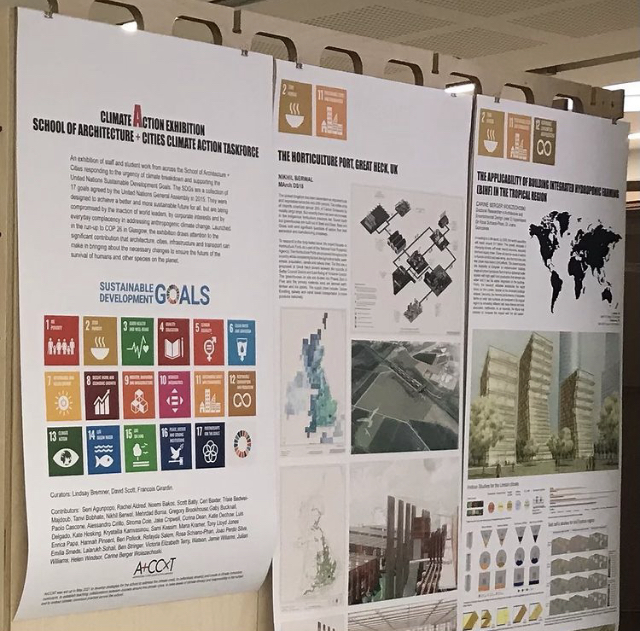
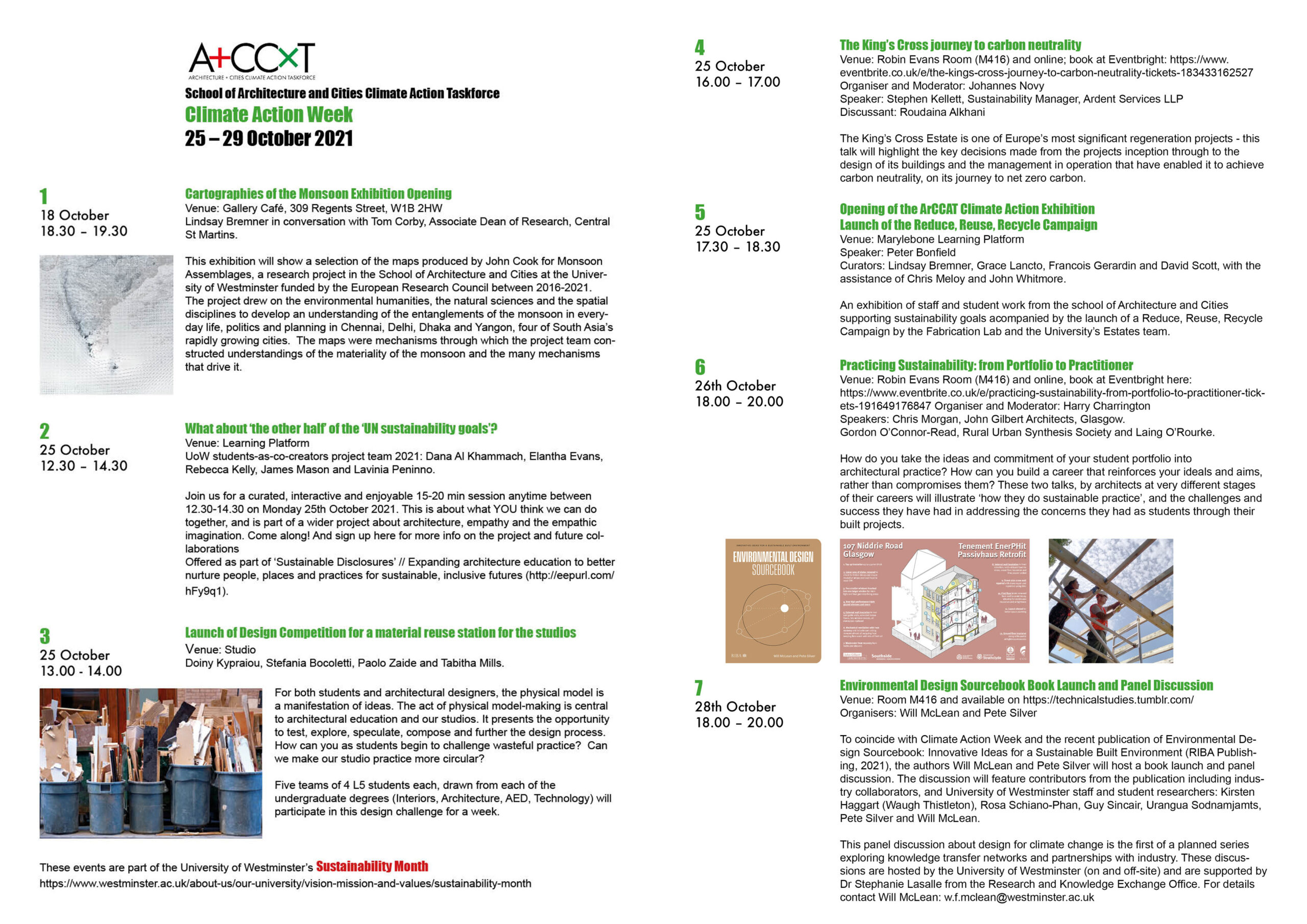
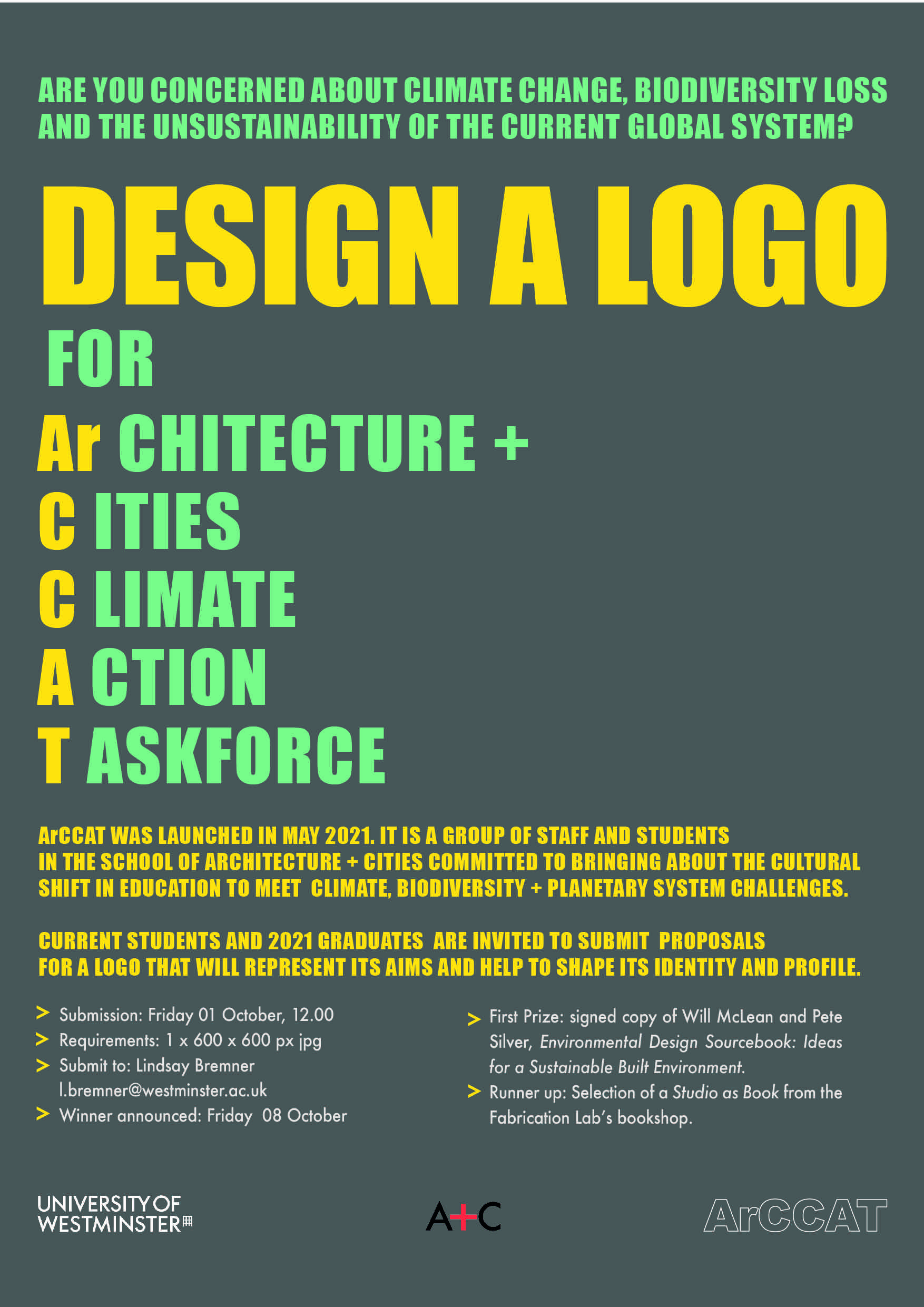
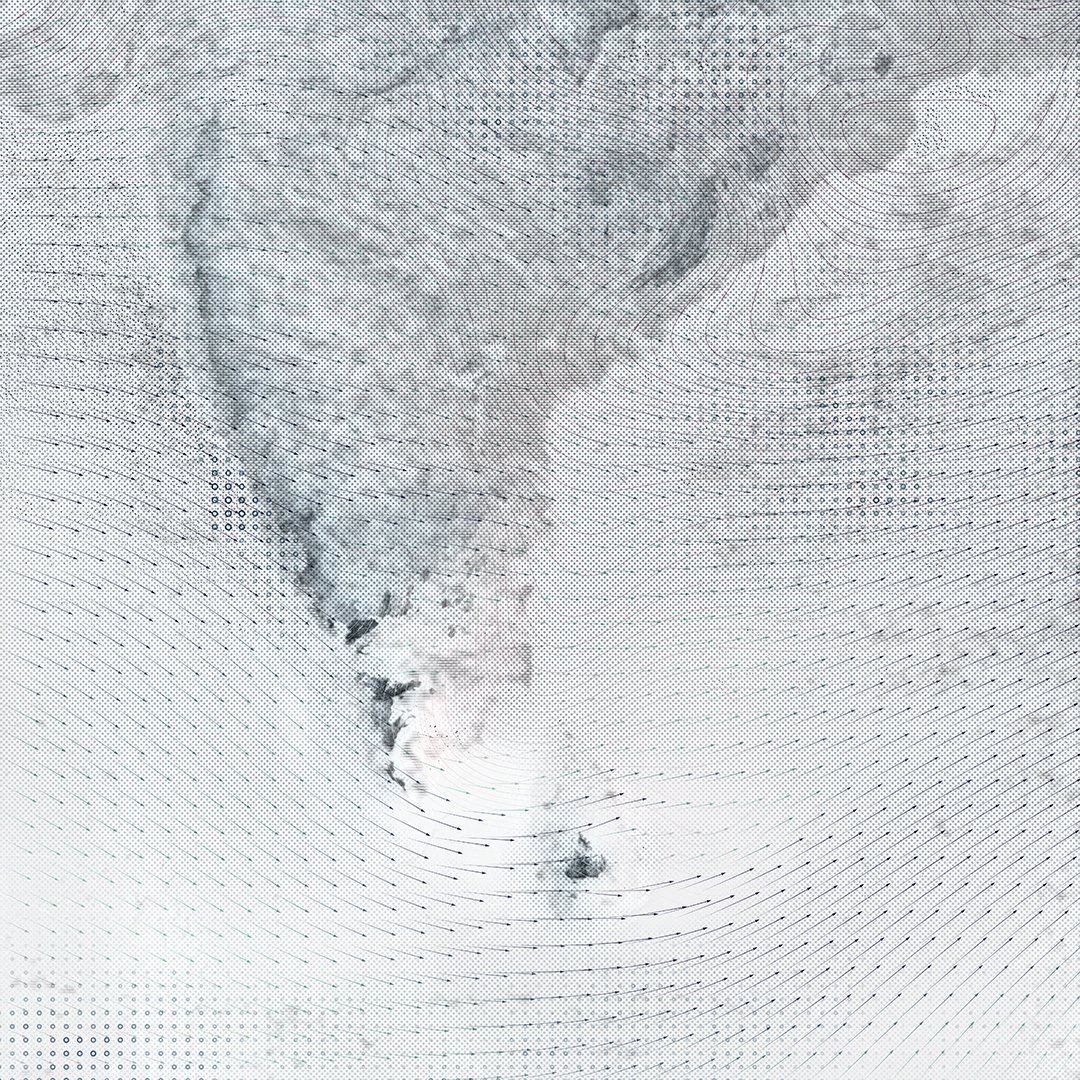

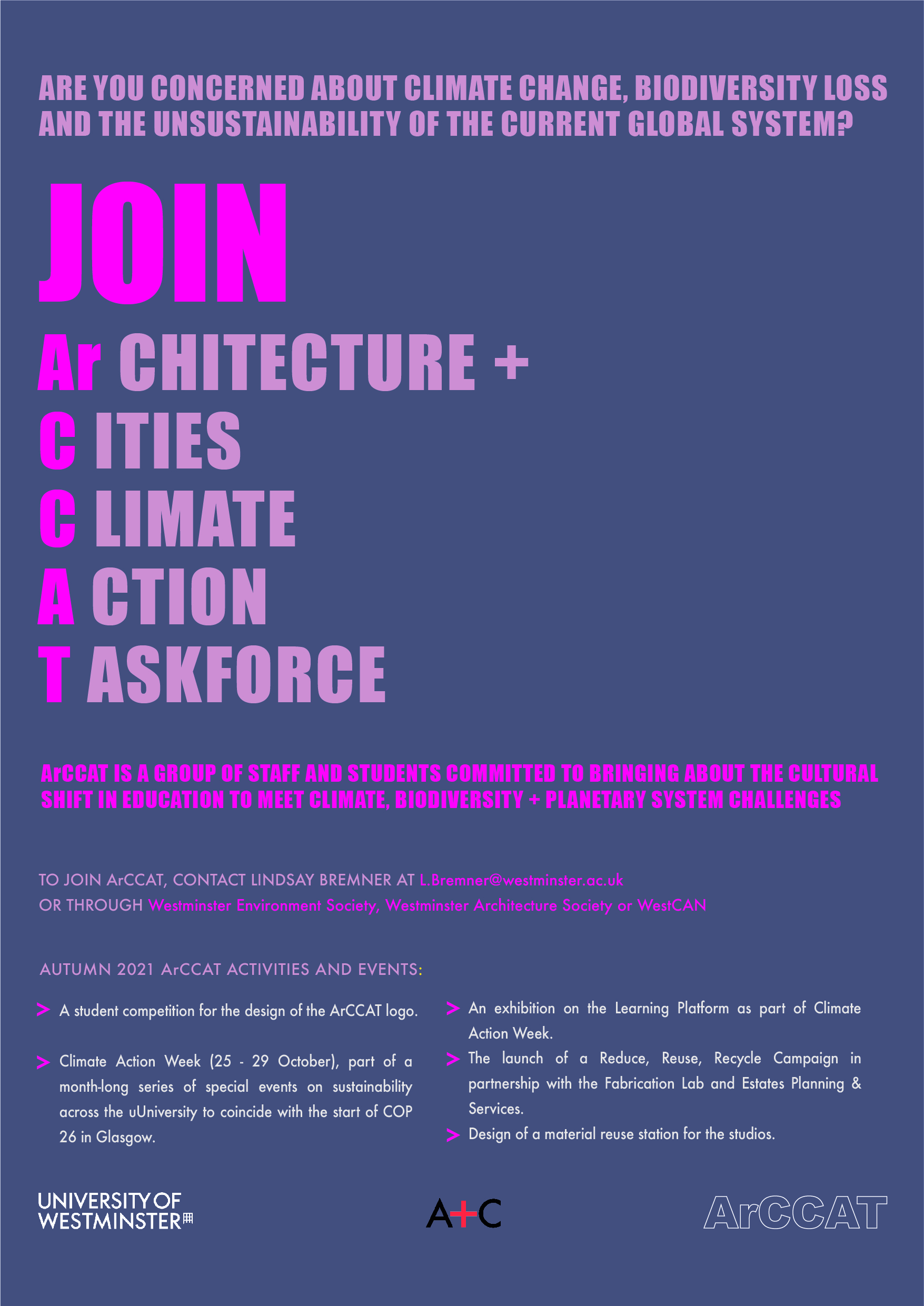
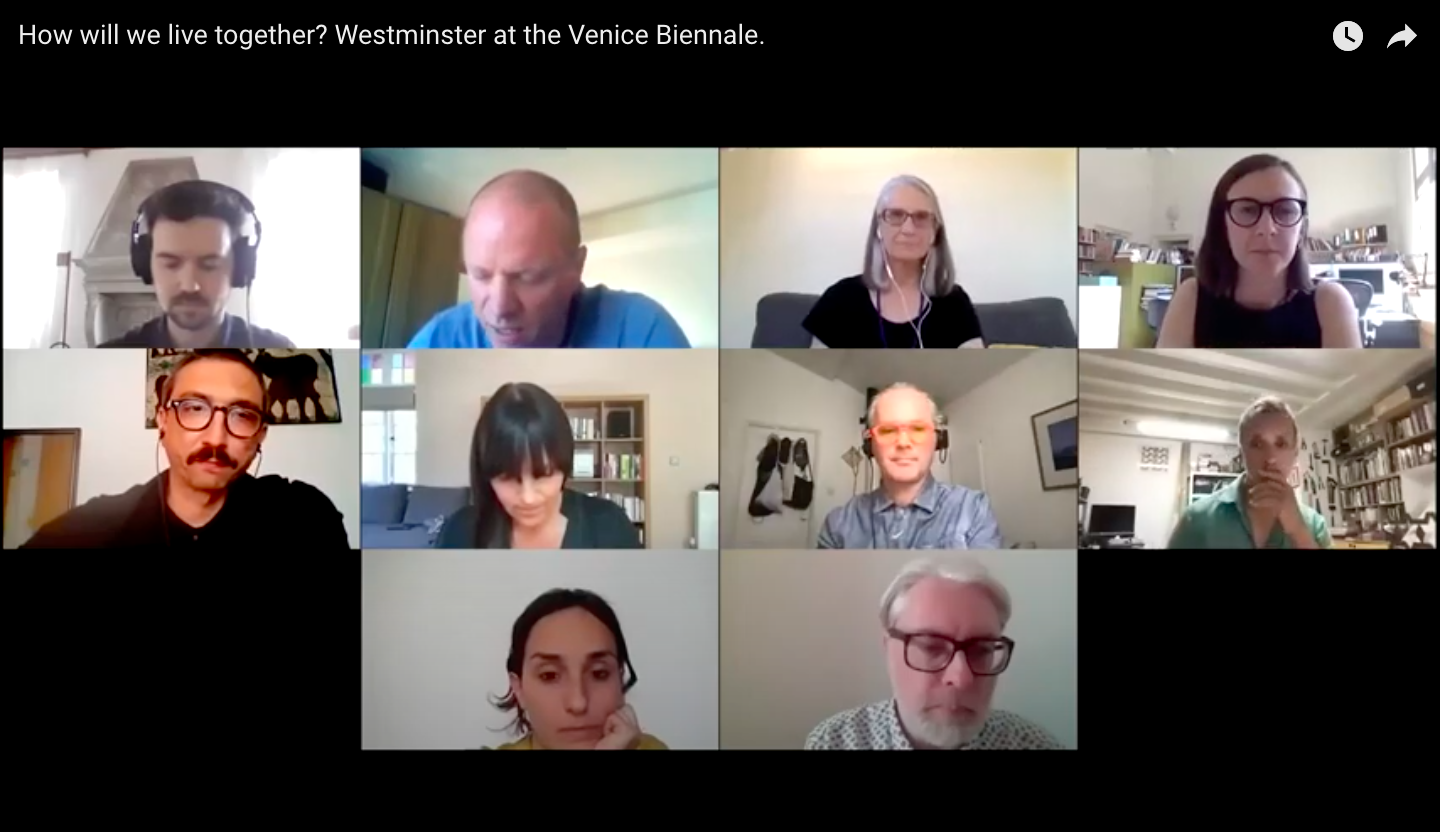
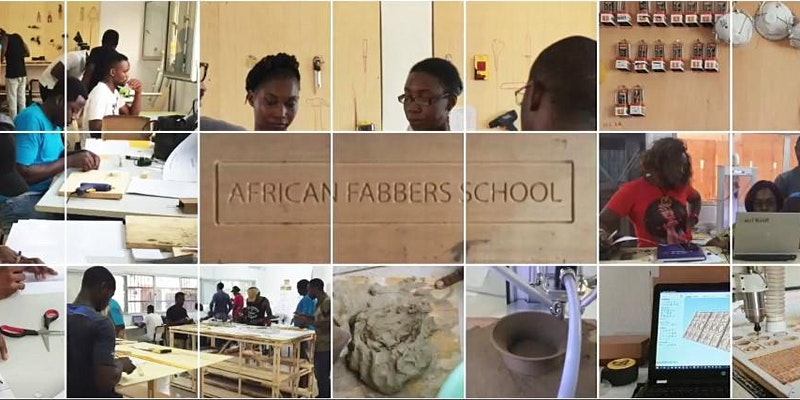
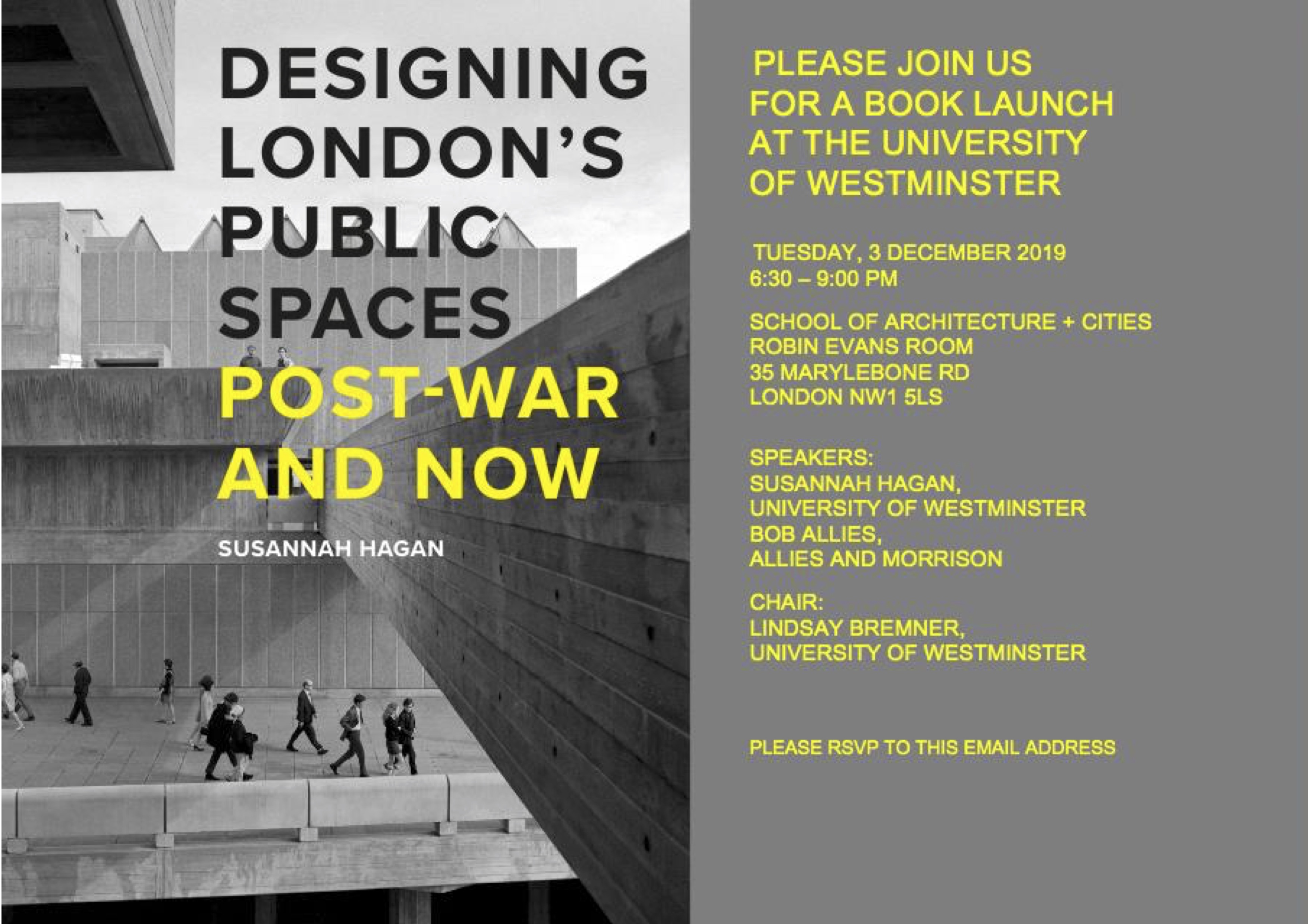
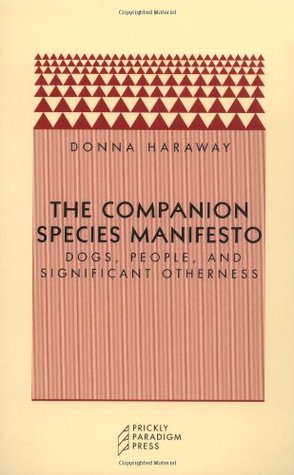
![Monsoon [+ other] Grounds – Full Programme_Thursday 21st and Friday 22nd of March,](http://www.openstudiowestminster.org/wp-content/uploads/2019/03/D2BLq5AX0AAh-O1.jpg)